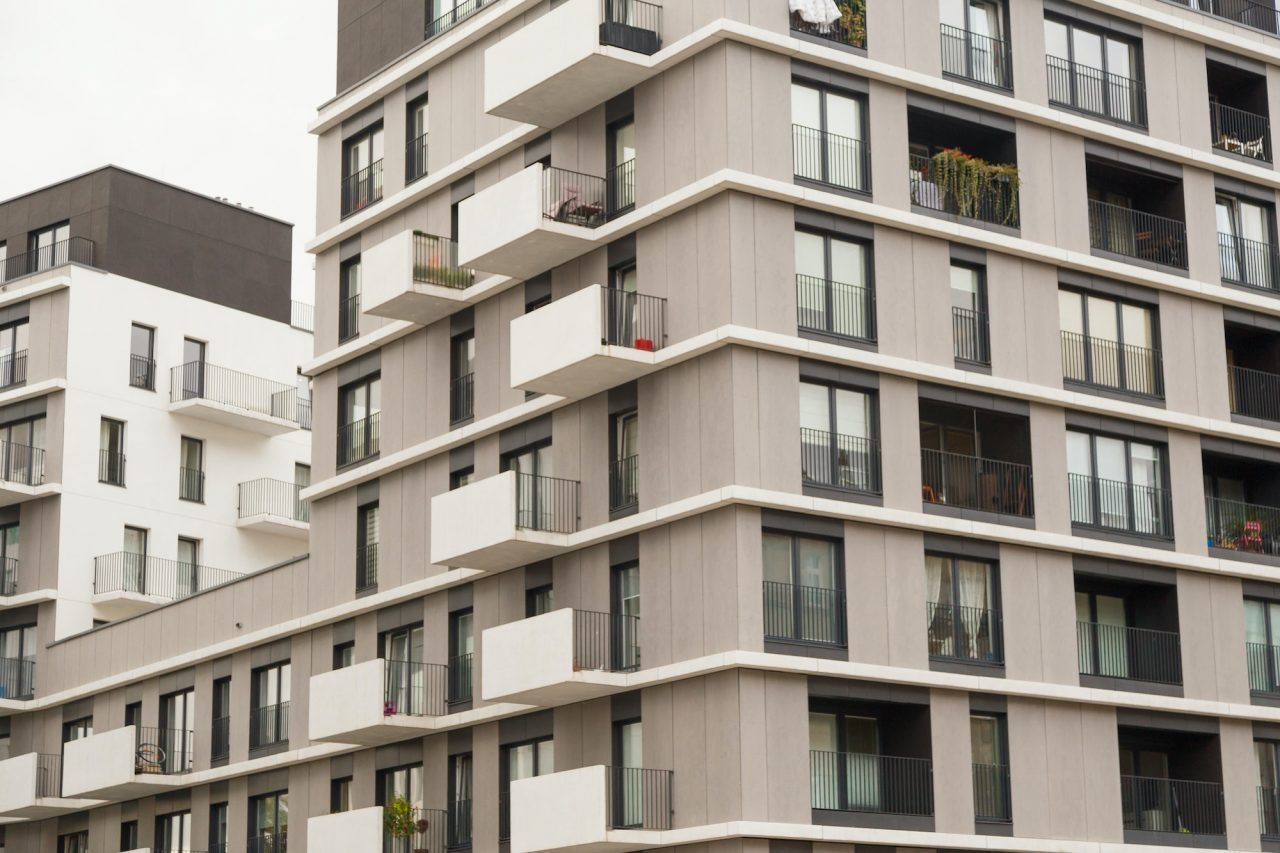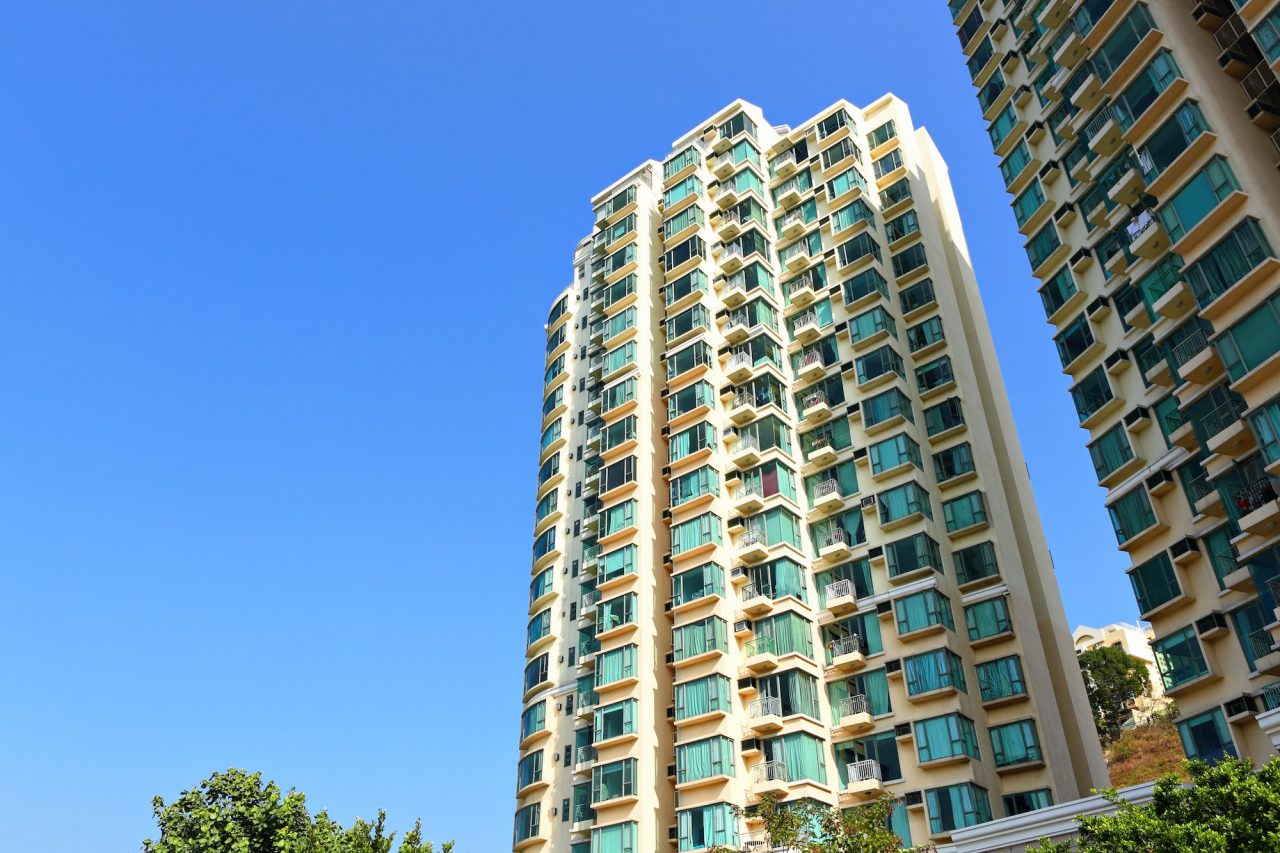In today’s global economy, tariffs—the taxes imposed on imported goods—might seem like an issue reserved for international trade policy, but they can also have a profound effect on everyday life. One area where tariffs can influence individuals is the mortgage market. While you might not think of tariffs as directly impacting your home loan, the truth is that they can play a significant role in shaping the financial landscape. In this blog post, we’ll dive into how tariffs can affect mortgages, and what both current and prospective homeowners should understand about this connection.
What Are Tariffs?
Before we dive into the mortgage impact, it’s important to understand what tariffs are and why they are used. Tariffs are taxes that a government imposes on imports, often with the goal of protecting domestic industries from foreign competition. For example, if a country places a tariff on imported steel, the cost of steel from other countries will increase, encouraging consumers to buy domestically produced steel.
While tariffs might sound like an isolated issue for international trade, their effects are felt far beyond just the products being taxed. The ripple effect of tariffs can change the prices of a wide range of goods, including those that play a role in the housing market, such as construction materials, appliances, and even mortgage rates themselves.
Tariffs and Construction Costs
One of the most direct ways tariffs can influence mortgages is by affecting the cost of building or renovating homes. Tariffs on construction materials like steel, lumber, and cement can drive up the costs of home construction and remodeling. When construction materials become more expensive, builders may pass those costs onto homebuyers, raising the overall price of a new home.
For prospective homeowners, this means they could face higher prices for new homes, which could translate to larger mortgage loans. In turn, larger loans may come with higher monthly payments, affecting your ability to afford a home. The impact of increased home prices due to tariffs might make it more difficult for some buyers to enter the housing market or stretch their finances thin.
Tariffs and Mortgage Rates
While tariffs don’t directly set mortgage rates, they can have an indirect influence on them. The reason lies in the broader economy, particularly in inflation and interest rates.
When tariffs raise the cost of goods and services, it can lead to inflation. Higher inflation means the cost of living increases, which can prompt the central bank to raise interest rates in an effort to keep inflation in check. When interest rates rise, mortgage rates also tend to follow suit. This can make borrowing money more expensive, which affects both potential homebuyers and current homeowners looking to refinance.
For example, if inflation rises due to tariff-induced price hikes on goods like electronics, appliances, or construction materials, the Federal Reserve might raise interest rates. This can lead to an increase in mortgage rates, which can add significant costs to your home loan over time. A 1% increase in your mortgage rate may not sound like much, but it can mean thousands of dollars more in interest payments over the life of your loan.
The Broader Economic Impact
Tariffs can also have an effect on the economy as a whole. If tariffs are imposed on a wide range of goods, it can lead to slower economic growth or even economic contraction. This slowdown can impact employment rates, consumer confidence, and the overall demand for housing. If fewer people are confident in their financial future, fewer people may be willing to buy homes, which could lead to a decrease in home prices in some areas.
However, the effect of tariffs on the housing market isn’t uniform across the country. In areas where the housing market is especially strong or where the demand for new homes remains high, tariffs may have a less noticeable impact. Conversely, in areas that are already struggling economically, tariffs could exacerbate challenges in the housing market.
How Homebuyers and Homeowners Can Navigate Tariff-Driven Changes
If you’re a current homeowner or prospective homebuyer, there are a few things you can do to help navigate the impact of tariffs on mortgages:
- Shop Around for Mortgage Rates: Even if tariffs are pushing up mortgage rates, shopping around for the best rates can still help you save money. Different lenders may offer different rates based on your creditworthiness, so it’s always a good idea to compare offers before committing to a loan.
- Consider Adjustable-Rate Mortgages (ARMs): Fixed-rate mortgages are great for locking in a consistent monthly payment, but if interest rates are rising, an adjustable-rate mortgage might provide an initial period of lower rates. However, it’s important to fully understand how ARMs work and the risks involved before choosing this type of loan.
- Factor in Future Costs: When buying a home, consider the possibility that interest rates might rise due to inflation caused by tariffs. This could affect your monthly payment if you’re taking out a variable-rate mortgage or even your overall affordability.
- Refinance When the Time is Right: If you already have a mortgage, keep an eye on interest rate changes. If rates drop after a period of tariff-driven hikes, refinancing might be a good option to reduce your monthly payments and save on interest over the long term.
- Monitor the Housing Market: Tariffs can create ripple effects in the housing market, leading to fluctuations in home prices. Keep an eye on housing market trends in your area, and consider whether it might be a good time to buy, sell, or hold off.
Conclusion
While tariffs might seem like a distant concern when you’re shopping for a mortgage, their effects can be felt in a variety of ways, from higher construction costs to rising interest rates. As a homebuyer or homeowner, it’s important to stay informed about how global trade policies can influence the local housing market. By understanding these connections and being proactive in managing your finances, you can better navigate the challenges that tariffs may present in the mortgage landscape.
Staying informed, shopping around for the best mortgage terms, and keeping an eye on economic trends will empower you to make the best decisions for your home financing journey, no matter the economic climate.






